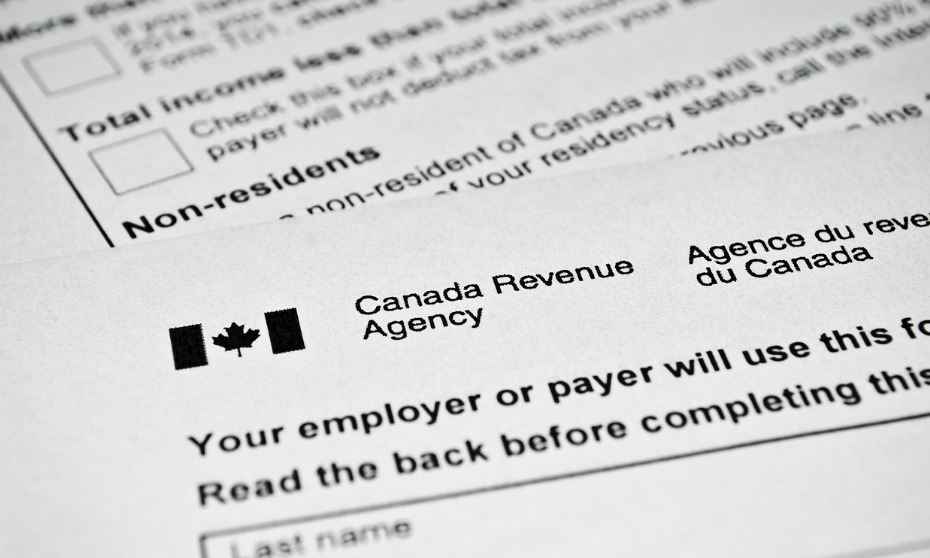Like all court actions, the cost and complexity of tax litigation continues to rise frustrating clients and complicating the question of whether disputing a tax assessment is worth pursing. This is highlighted in the recent decision of Cameco Corporation v. Her Majesty the Queen, where the Tax Court of Canada awarded lump-sum costs of $10,250,000 to Cameco

Like all court actions, the cost and complexity of tax litigation continues to rise frustrating clients and complicating the question of whether disputing a tax assessment is worth pursing. This is highlighted in the recent decision of Cameco Corporation v. Her Majesty the Queen, where the Tax Court of Canada awarded lump-sum costs of $10,250,000 to Cameco.
Although this award seems astronomical, Cameco’s actual legal fees and disbursements were estimated to be $57 million for a monster, 69-day trial that followed a 29-day oral discovery with close to 10,000 questions, requiring the production of 200,000 documents and the discovery of 135,000 documents. Similarly, in Hospira Healthcare Corporation v. The Kennedy Trust for Rheumatology Research, the Federal Court awarded the defendants a lump-sum costs of $3,481,778, which was 50 per cent of the defendant’s actual legal fees plus all disbursements, since the plaintiffs disputed “virtually every aspect.”
While these costs are at the high end of awards, it is clear that substantial legal costs, and the risk of awards like this against unsuccessful litigants, are a factor that clients must consider when considering litigation strategies.
Clients may not have the funds to finance a long and drawn out legal battle. It is often hard for the little guy to compete with the legal and financial resources of the Crown or large companies when they are on the other side of the table. Given the recent amount of cost awards in Cameco Corporation and Hospira Health Corporations, the little guy may not mean what’s typically thought. Alternative fee arrangements, such as contingent fee arrangements, may be a way to allow clients to pursue litigation without having to fork funds out upfront.
Contingency fees were historically not permitted in Canada due to worries that they would result in a perversion of justice. While contingency fees may appear opportunistic, they arguably increase access to justice to those who could not otherwise afford to pay legal fees. Contingency fees may also improve the value received by clients if lawyer fees are dependent on a lawyer’s success.
Contingency fees are now permitted in most jurisdictions in Canada subject to certain restrictions set out by each respective law society. In all cases where contingency fees are permitted, contingency fee arrangements must be set out in writing. In B.C., the maximum percentage for a contingency fee is 33.33 per cent of the amount recovered for a claim for personal injury or wrongful death arising out of the use or operation of a motor vehicle and 40 per cent of the amount recovered in any other claim for personal injury or wrongful death.
In B.C. and Saskatchewan, contingency fees cannot exceed the remuneration provided for in the agreement. In Alberta and Ontario, there is no cap to contingency fees, other than reasonability.
There are also different restrictions on what kinds of matters may involve contingency fees in each jurisdiction. For example, in Ontario, lawyers are not permitted to enter into contingency fees for family law or criminal or quasi-criminal mattes. In Saskatchewan, contingency fee arrangements are not permitted for services related to a child custody or child-access matters, or for services which relate to a matrimonial dispute, unless the form and content of the agreement has been approved by the Court.
Conversely, there are no restrictions as to what kinds of matters contingency fees can be used for in Alberta. However, in Alberta, a lawyer can only withdraw from a contingency fee arrangement if he or she is discharged by the client, the client persists to instruct the lawyer to act contrary to professional ethics, or the lawyer is not competent to continue handling the matter, unless the agreement specifically states that the lawyer has the right to otherwise withdraw.
Alternative fee arrangements may enable clients to take their matters to court without having the upfront burden of financing litigation. Furthermore, if a client is expected to foot the bill regardless of success, it may be hard to see the value of a lawyer’s work. Having a lawyer’s fees contingent on success may make it easier for a client to swallow large legal bills.
Taking fees on contingency may also be more beneficial for a lawyer in the long run. It would enable a lawyer to take on a great file that he or she might have had to reject due to a client’s lack of funds. Furthermore, a lawyer who takes a file on the basis that they will only receive all or a portion of the fees based on success, takes on a greater degree of risk and this risk should be reflected on the fee arrangement.
Permitting lawyers to collect more fees based on success may appeal to both lawyers who want to see a return on the fruits of their labour and clients who want to see value for what they pay. While it may be more complicated to work out an alternative fee arrangement from the outset, alternative fee arrangements may prove to be more beneficial to both clients and lawyers in the long run.
Tax litigation is an area that lends itself to alternative fee arrangements since the amounts in dispute are clear and the issues are relatively well-defined but the costs of litigation can be prohibitive. However, alternative fee arrangements are underutilized in tax litigation. Moving forward, clients may wish to look to alternative fee arrangements for better value and lawyers may want to do so for a larger upside.
Gergely Hegedus is an associate in the tax group of Dentons whose work focuses on tax dispute resolution. He spent nine years at Department of Justice Canada representing the Canada Revenue Agency prior to joining Dentons.











